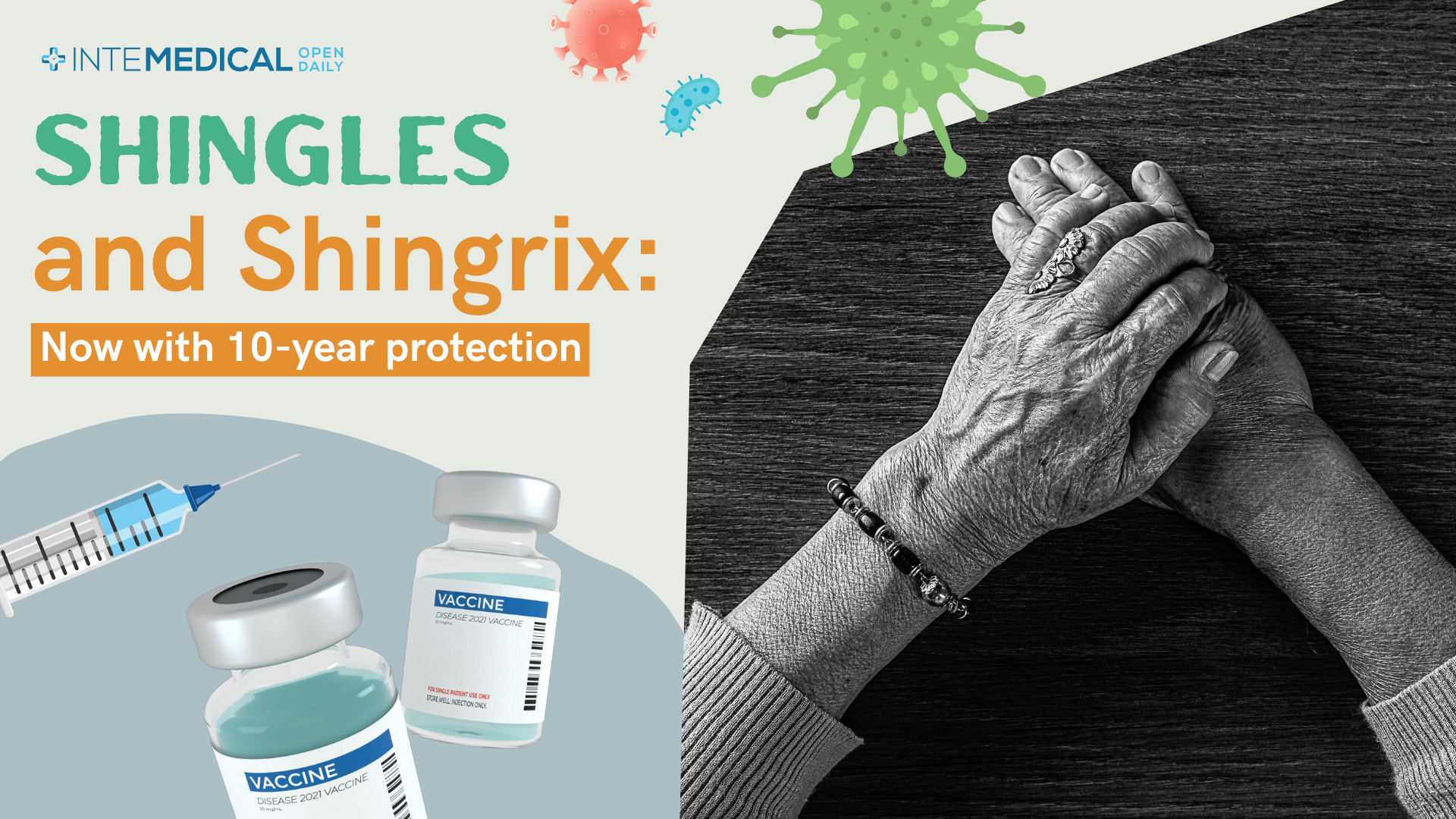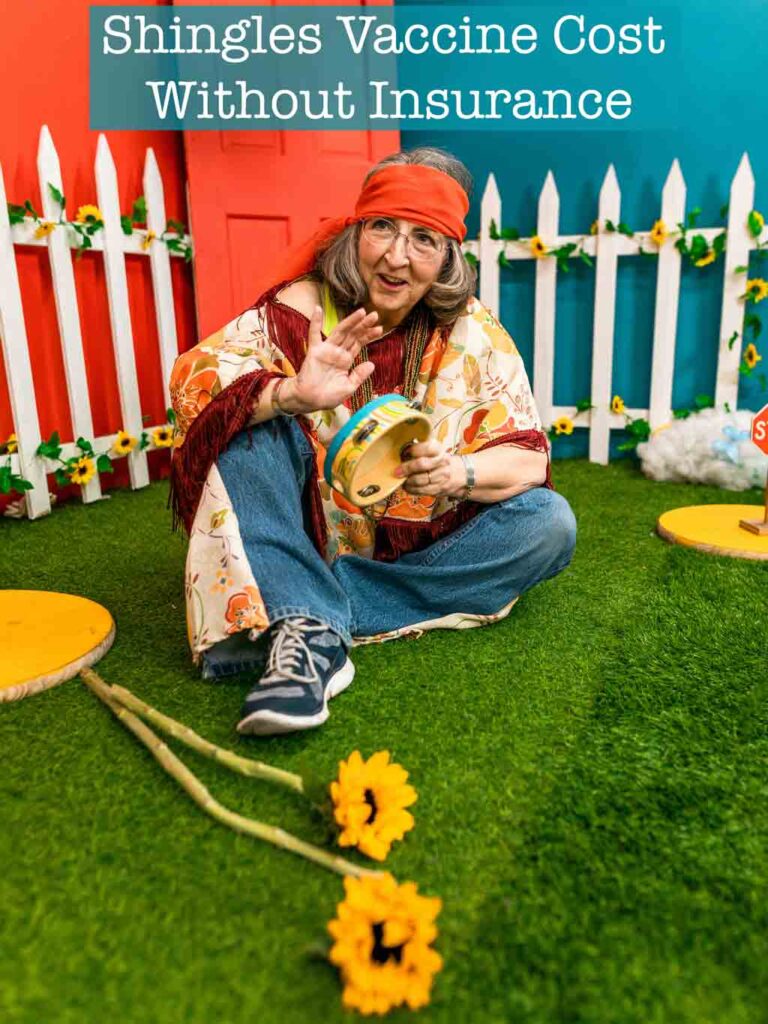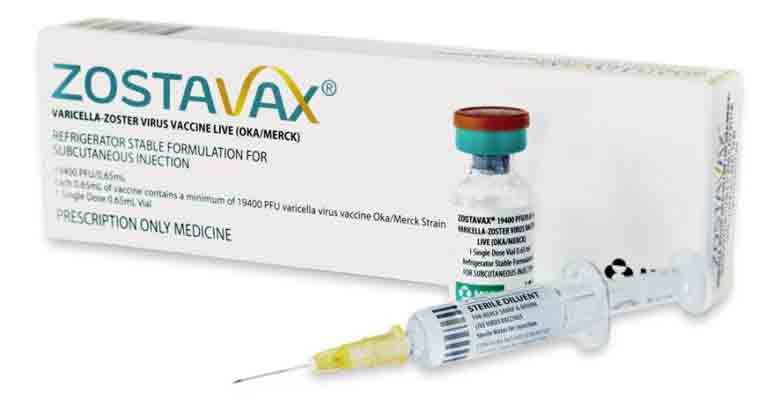What are Shingles?
Shingles vaccine cost without insurance. Let's be real, you grew up in the 60s and 70s free-love hippie era. Now you have the virus. Shingles, right? It's a virus that's all about the chickenpox. But here's the thing, it hangs out in your nerve endings, chilling like a villain, waiting for you to get older or if your immunity isn't so strong. Like, think transplant patients, you feel me? Then bam! It comes back swinging.
It messes with that nerve that's all about the skin in a certain area, causing a rash and a whole lotta pain. Now here's the kicker - even after the shingles episode is done, some folks keep dealing with symptoms for, like, 90 days or even longer. Crazy, right? Could be months or even years.
"According to GoodRx, the average retail price per dose of Shingrix with insurance is about $213. You can pay as little as $195 per dose by using GoodRx or even less — $180 per dose — with GoodRx Gold."
Source: GoodRX
What You Should Know About Shingles Vaccines | Johns Hopkins Medicine
When did the Shingles Vaccine Come Out?
Prior to this, the majority of people acquired the actual chicken pox virus. And for those that experience chicken pox, there is a risk of the virus coming back, in the form of shingles, and that's what we're talking about today.
The major updates to shingles are with regard to vaccines. In 2006, a shingles vaccine called Zostavax emerged to help prevent shingles and its complications. And it's what is known as a live attenuated vaccine, meaning it's not completely dead, and therefore there is a theoretical risk of getting the infection from the vaccine itself.
So, since it's been out, since 2006, or the past 17 years or so, there was this concern for patients who had a rheumatic disease, on high doses of immune-suppressing medications, that they could get the infection.
However, recently, at the 2019 American College of Rheumatology annual meeting, researchers reported Zostavax is safe for people who are currently receiving a class of medications known as tumor necrosis factor inhibitors, or TNF inhibitors.
This study was a big deal. These medications are biologic therapies to treat a whole host of different rheumatic diseases, such as rheumatoid arthritis, psoriatic arthritis, and many others. There are five different TNF inhibitors approved by the FDA.
These are adalimumab, infliximab, etanercept, golimumab, and certolizumab. The name of the study was called the VRV Trial, and this was a randomized control trial of more than 600 individuals in the United States receiving TNF inhibitor therapies.
Zostavax - Approved Shingles Vaccine 2006
The goal of the study 2019 was to evaluate how safe and effective Zostavax was in these patients who might have a not-normal immune system due to their TNF inhibitor treatment. The majority of these patients either had rheumatoid arthritis or psoriatic arthritis.
What the researchers did is they gave Zostavax to these patients, then watched them over a period of six weeks. And at the end of that six-week period, they said okay, well, who developed shingles during that time?
Zero patients developed confirmed shingles. Thus, this provided evidence that Zostavax is safe, at least in this particular patient population.
Shingrix- Approved Shingles Vaccine 2017

Now, that being said, in 2017, a new different vaccine called Shingrix was released that is more than 90 percent effective in preventing shingles and its complication, post-herpetic neuralgia, and at this point is the preferred vaccine recommended by the Centers for Disease Control or CDC.
Adults over the age of 50 are approved for the vaccine, and it is given in a two-shot series, administered two to six months apart.
Now, Shingrix is different from Zostavax, in that it is a dead virus, and thus there is no risk of getting the infection from the vaccine.
However, in order to make the vaccine effective, it contains what is called a strong adjuvant. Think of that as an immune stimulator. And the purpose of this adjuvant is that your immune system will better recognize the vaccine and thus provide long-lasting protection.
But because of this, Shingrix can produce a strong response from your immune system, so it may produce short-term side effects that are a little more intense than you're used to from other vaccines. These side effects can be uncomfortable, but they are expected and typically go away on their own in about two to three days.
Of note, even if you've had the original shingles vaccine, Zostavax, you can still get Shingrix. And if you've had shingles before, you should still get vaccinated.
Does insurance cover shingles vaccine?
Shingrix is covered by most healthcare providers, and most healthcare insurers, but you should still call your insurance company just to make sure you don't have a lot of out-of-pocket expenses.
Lastly, although approved for those over the age of 50, there are some individuals that are younger than 50 who are at high risk, due to their specific disease or the treatments they receive. So they should speak with their rheumatologist on the utility of receiving either Zostavax or Shingrix.
That's all for now.
Zostavax lawsuit? Zostavax is FDA-approved vaccines for shingles in the US. Made by Merck, all about reducing the risk of getting the herpes zoster virus (or shingles, as it's commonly known) for people aged 50 and above. The cool thing is, you only need one shot of Zostavax, while the new Shingrix vaccine requires two.
Now, check this out – Zostavax is made with a small amount of weakened but live varicella-zoster virus (yeah, the same virus that causes chickenpox). However, kiddos and peeps with a weakened immune system can't get this type of vaccine, and neither can those who haven't had chickenpox before.
But here's the catch: some people, in their quest to avoid shingles, might've unintentionally caught the virus from their shingles vaccination. Crazy, right?
Here's something you need to be aware of: Zostavax can lead to some serious injuries, including shingles itself, vision problems, and even death. Because of these risks, peeps who were injured are now suing the manufacturer, Merck, for not properly warning them about the potential side effects.
Stay informed, my friends!


